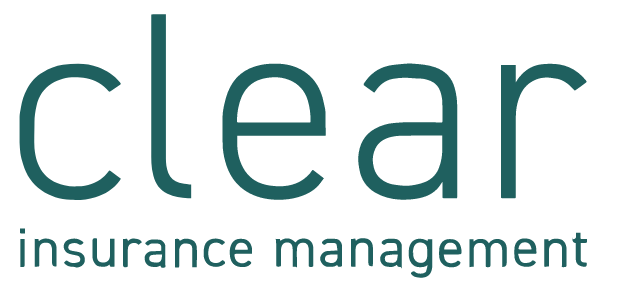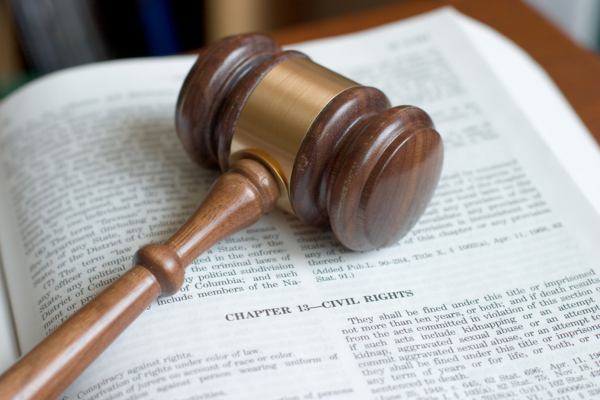Whistleblowing plays a critical role in empowering individuals to speak up against wrongdoing, misconduct, or illegal activity within organisations or government bodies. By encouraging openness, it fosters accountability, promotes transparency, and helps protect the public interest. A strong whistleblowing culture not only helps prevent fraud and reputational harm but also contributes to a more informed, ethical, and resilient workplace.
What is Whistleblowing?
Whistleblowing allows workers to raise serious concerns about wrongdoing they’ve witnessed, often in the workplace. Many believe that whistleblowing includes minor issues in the workplace however to qualify for legal protection under the Public Interest Disclosure Act 1998 (PIDA), the disclosure must be in the public interest, such as reporting fraud, health and safety risks, environmental harm, or a company breaking the law.
Legal protection for the employee applies whether the issue occurred in the past, is ongoing, or may happen in the future. PIDA covers employees, agency staff, trainees, and members of LLPs — ensuring they are not treated unfairly or dismissed for speaking up. Importantly, confidentiality or ‘gagging’ clauses in settlement agreements do not override a worker’s right to whistleblowing.
It’s important for employers to understand that personal grievances (such as bullying or discrimination) generally don’t fall under whistleblowing law, unless they involve a wider public interest and will be directed to follow the company grievance procedure.
What does whistleblowing mean for Employers?
- Helps identify and address issues early, before they escalate
- Demonstrates a strong commitment to ethical standards and accountability
- Builds trust, confidence, and loyalty among employees
- Reduces the risk of legal action, financial loss, and reputational damage
- Prevents negative outcomes such as tribunal claims, media scrutiny, and internal disruption when concerns are handled correctly
Common mistake employers make:
- Absence of a clear whistleblowing policy or ineffective communication of existing procedures
- Delayed or biased investigation of concerns
- Unintentional retaliation against whistleblowers
- Overreliance on anonymous reports, which may discourage some employees from speaking up
As HR professionals, we advise employers to:
- Ensure whistleblowing policies are clear and compliant
- Communicate protections and procedures to staff
- Distinguish between whistleblowing and personal grievances
- Create a culture where employees feel safe speaking up
- Review your whistleblowing policy — is it legally compliant and user-friendly
- Train staff at all levels on what to do when concerns arise
Whistleblowing can be a difficult and intimidating process, but we are here to help you via our HR Support and Advice service. If you have any queries, then please do not hesitate to get in touch on 01302 341344 or by emailing hrsupport@thecleargroup.com.






